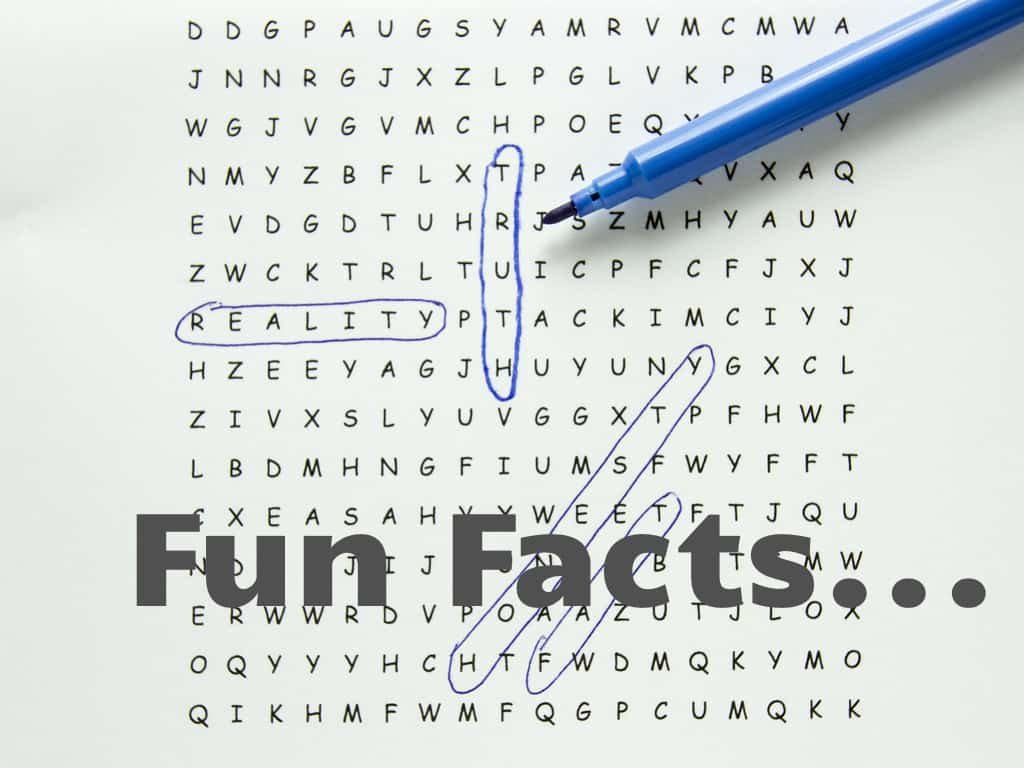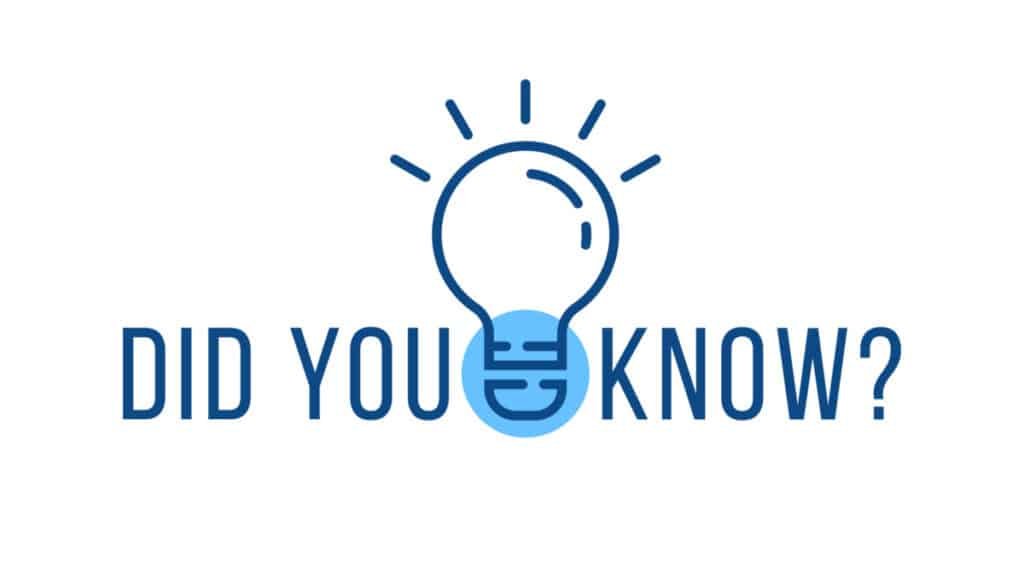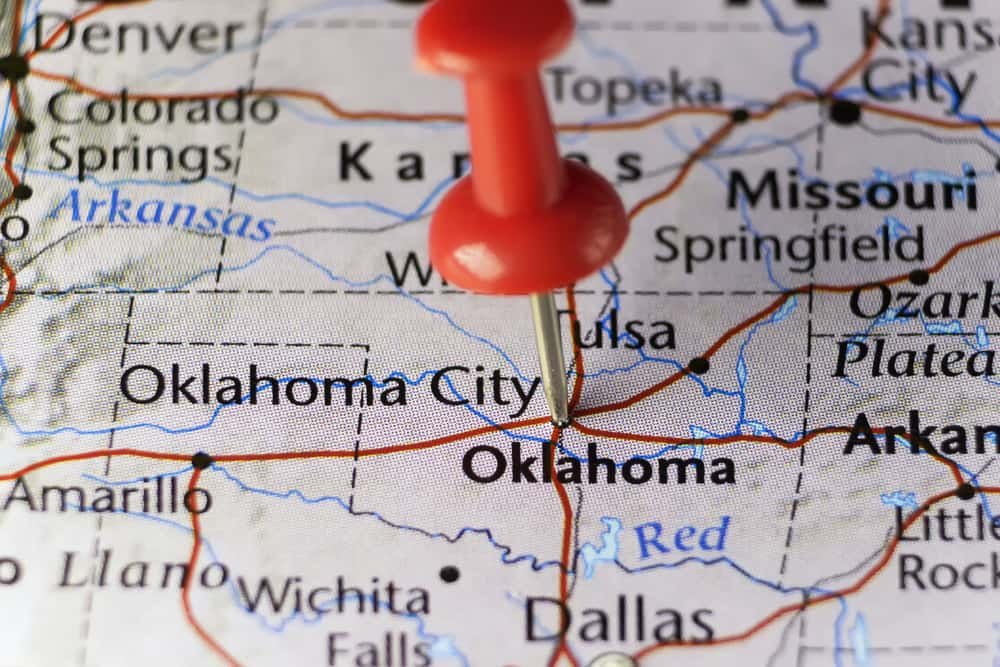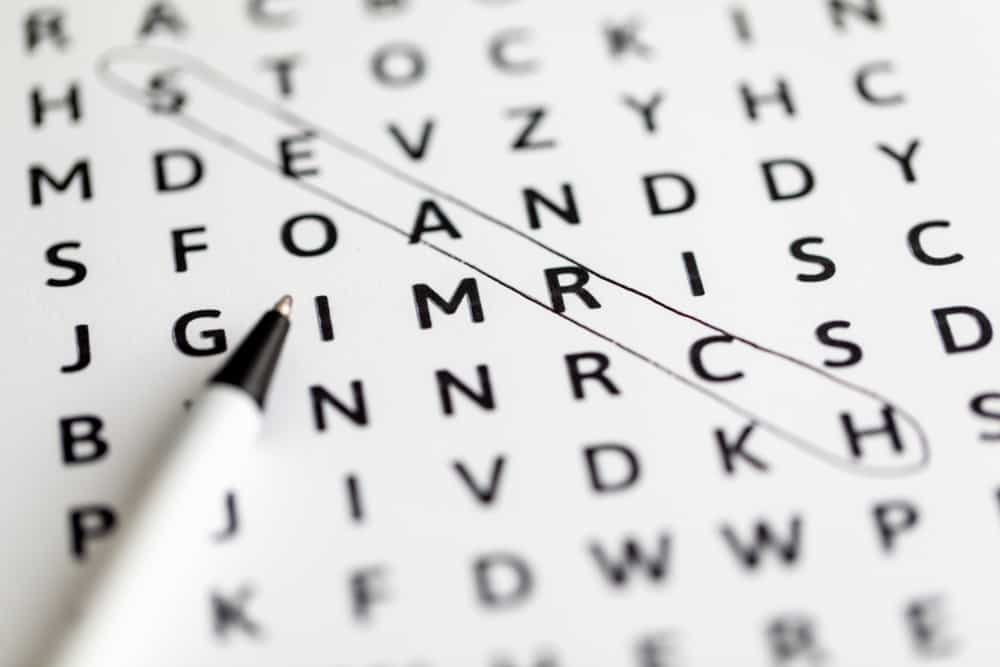Last Updated on January 7, 2024 by Gamesver Team and JC Franco

Word Search puzzles are fun; they pass the time, and rumor has it that they are quite beneficial too. We all know about these simple facts about Word Search puzzles, but are there facts that you do not know? I recently spent some time digging up as much information on Word Search puzzles as I could, and I was pleasantly surprised to learn a plethora of things about Word Search that I did not know before.
Let us take a look at what I discovered – you might learn a few new, interesting things! However, before I give you the facts, let me mention that I found many of these quite interesting, to say the least. For example, I had no actual idea who invented the puzzles or that they were potentially first a Spanish puzzle. The jury is still out on that one!
Anyways, if you love doing Word Search puzzles as much as I do and want to get to know more about the facts and background of the puzzle, read on; now is the time to brush up on your knowledge. As they say, there is no time like the present. Below are 18 things you probably do not know about Word Search. Read through them carefully, and soon you will be an expert on the puzzle game (okay, not quite, but you will know a lot about it!)

What you need to know about Word Search – 18 Fun Facts!
1. English Word Search was designed and published by Norman E. Gibat.
It was an English speaking American who first presented Word Search puzzles to the general population. He was said to have released the puzzle because he wanted to drum up more interest and exposure in his local advertising publication.
2. The first Word Search was published in the Selenby Digest.
Norman published the first version of Word Search in his Selenby Digest. He probably had no idea just how popular the game/puzzle would become.
3. The very first published Word Search was released on 1 March 1968.
Word Search appeared as a 20×20 grid in the Selenby Digest on the 1st of March 1968. It was themed Oklahoma and featured a list of names of towns and cities in Oklahoma.

4. After the first Word Search was published, the puzzles went viral.
When the public was presented with Word Search, they absolutely loved it. It became something to look forward to in the local paper. Soon, teachers who resided locally started requesting additional copies of the puzzle so that they could provide it to school children. It was not long before other publications were offering Word Search to their readers, and nationally, Word Search was soon offered in many newspapers.
5. The Spanish version of Word Search was created by Pedro Ocón de Oro.
In the 1960s, a Spanish man called Pedro is said to have created Word Search or the Spanish version, at least. He is said to have released at least 125 different types of puzzles in Spanish.
6. Spanish Word Search is known as “Sopa de Letras”.
The Spanish version of Word Search released by Pedro Ocón de Oro is called “Sopa de Letras”, which in English translates to “Soup of letters”.
7. There is some debate over who actually invented Word Search.
Some believe that because Pedro’s word puzzle came out in the 1960s in Spain, that he is the original creator of the puzzle. There is much debate about this, although Norman E. Gidat is officially recognized as the inventor.
8. Word Search puzzles go by many different names.
You might have done a word search type game that was called something else. That is because Word Search actually goes by a variety of names, including Wonderword, Word Sleuth, Word Seek, Word Find, Word Search, or even Mystery Word. All of these are the same puzzle or game, under a different name.

9. Not all Word Search puzzles include a word list.
There are some versions of Word Search that merely provide the grid and the theme of the game. The player must then seek out words on the grid based on that knowledge alone.
10. Word Search puzzles boost memory and brain health.
Word Search puzzles are not just fun, they are also a good mental workout. Because of the memory recall involved and the constant exposure to new words, the puzzle is known to boost working memory and brain health. This is great for both children and seniors.
11. Doing Word Search puzzles can keep dementia at bay.
It is said that the negative effects of dementia can be kept at bay or minimized by keeping the mind active. What better way to keep the mind active than by playing a word game like Word Search?
12. There are strategies that can make you better at Word Search.
People who are serious about Word Search know that there are various strategies that can be used to become a better Word Search puzzler. These include going through each row horizontally and then vertically or looking for letter pairs (think of QU and TH).
13. Word Search puzzles are usually themed.
Most Word Search puzzles have a theme, which helps the brain find words with greater ease. Having context makes the Word Search puzzle easier to solve.
14. There are various unique versions of Word Search puzzles available.
If you look around, you might find some unusual versions of Word Search, such as Secret Messages where the words found are actually a secret message when read backward (for example) or Snaking Word Search where the words found are not just in one straight line but can bend and twist onto other lines and rows.
15. Word Search puzzles are a popular method for teaching a foreign language.

Many schools teaching second or foreign languages use Word Search worksheets to help people learn word spelling and to become familiar with how words look in the foreign language.
16. Doing Word Search puzzles reduces stress and promotes relaxation.
You do not have to go to the day spa or spend hours at the gym to unwind, relieve tension, and relax. You can actually spend 15 minutes a day working on a Word Search (or similar puzzles) and enjoy the relaxation and unwinding benefits. When the mind is focusing on something that is not related to work and other day-to-day responsibilities, it has a chance to relax and de-stress.
17. Word Search puzzles promote quick thinking and boost productivity.
Word Search puzzles are known to boost brain activity. The more you expose your brain to quick-thinking tasks like finding hidden words, the quicker the brain will get at it. This can make your brain and thinking patterns more productive.
18. Nowadays, Word Search puzzles are available in various forms.
Word Search puzzles are not just something you have to wait for in your local newspaper anymore. Now you can get your hands on a Word Search book, download Word Search sheets online, solve puzzles online, and even solve puzzles on mobile Word Search apps. Now that is impressive! Word Search availability has certainly come a long way since 1968.
In closing
If you did not know much about Word Search before, now you certainly do. Word Search is a word puzzle that can be enjoyed by both young and old. I have spent a lifetime enjoying the game…and I firmly believe that it is never too late to start.

